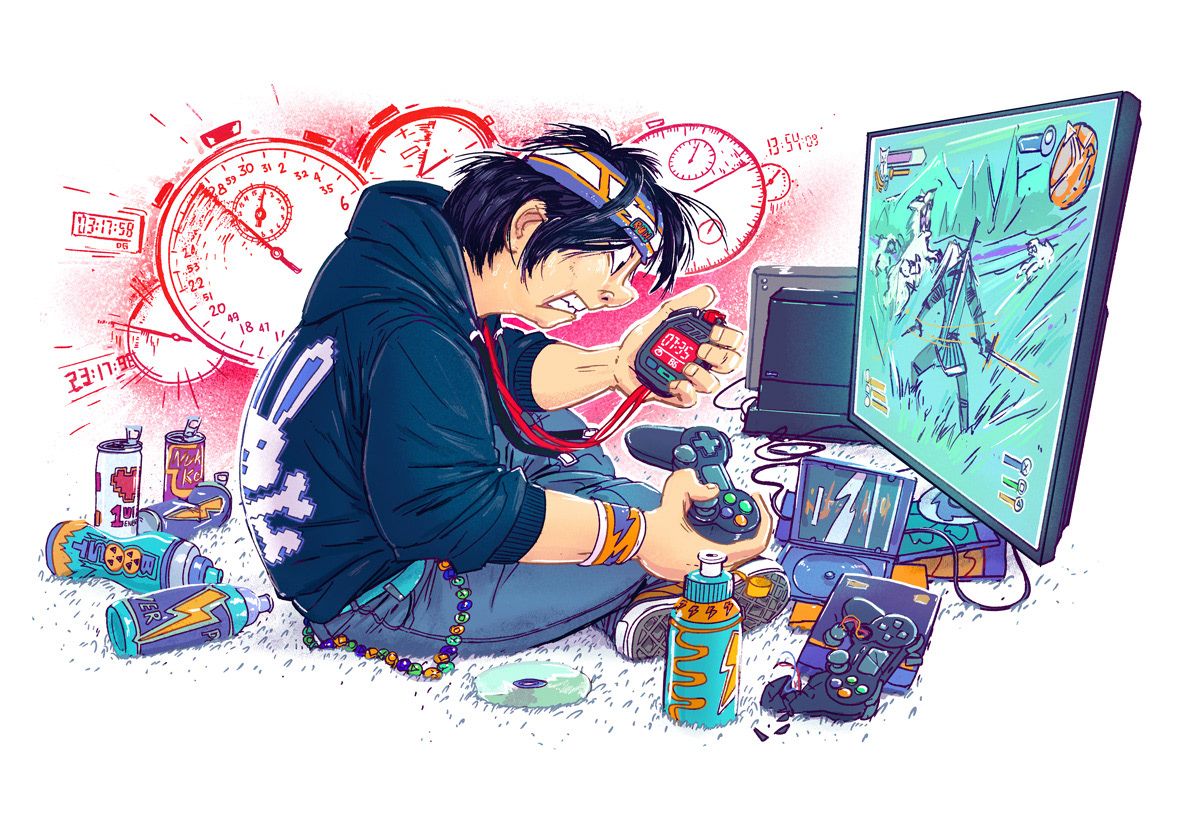
These days, many games have become little more than "power fantasies" — you play as an unstoppable hero, effortlessly cutting through waves of enemies, reducing the experience to mindless action with no real stakes. But where’s the drama? The struggle? Those moments where everything goes wrong, forcing you to adapt?
A good story isn’t about easy wins — it’s about overcoming. In movies and books, we love watching heroes face setbacks, suffer defeats, and still push forward. So why do so few games embrace this?
Modern games often hand players too much power, stripping away any real challenge. But what’s truly compelling is playing not as some "chosen one," but as an ordinary person fighting to survive, avoiding danger, and dealing with the consequences of their mistakes. That’s what makes a story relatable and emotionally gripping.
What should games be like? - Hard but fair — failures should teach, not just frustrate. - Unpredictable — players should never feel too safe. - About ordinary people — their struggles are far more compelling than superhero power trips. - Consequential — your choices should shape the world, and mistakes should have real weight.
Games aren’t just entertainment—they can be powerful stories that make you feel, struggle, and grow. It’s time to stop making them just "comfortable" and start making them meaningful.